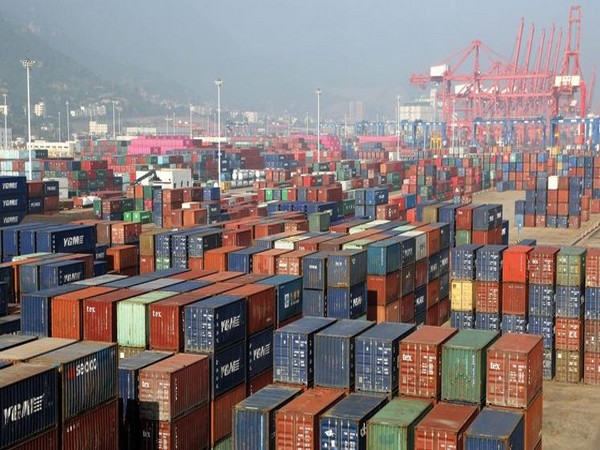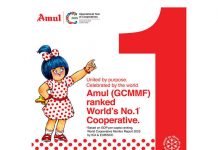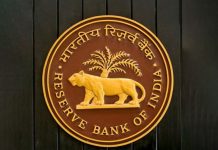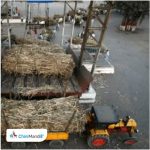As of August 2025, exports through National Co-operative Exports Limited (NCEL) have crossed 13.49 lakh metric tonnes (LMT) of agricultural commodities worth Rs.5,403.01 crore including rice, fresh red onion, sugar, baby food, processed food, spices and tea.
NCEL is a national level multi-state co-operative dedicated to exports. It is an umbrella body that represents the entire co-operative sector of India in overseas markets.
Since its establishment in January 2023, NCEL has swiftly positioned itself as a force in the agricultural export sector, bringing together 11,034 member co-operatives, including over 10,700 Primary Agricultural Credit Societies (PACS) and other cooperatives. The multi-state co-operative, officially registered under the Multi-State Co-operative Societies Act, 2002, has expanded its reach to 28 countries, facilitating access to overseas markets for a variety of Indian agricultural products.
NCEL achieved a net profit of Rs.122 crore with a turnover of Rs.4,283 crore for 2024-25. During 2023-24, NCEL paid a 20% dividend to its member co-operatives. These achievements underscore NCEL’s potential to transform India’s co-operative movement into a global force. NCEL has also signed strategic agreements (MoUs) with 61 importers from Senegal, Indonesia and Nepal.
NCEL has been promoted by 5 leading co-operatives – Indian Farmers Fertiliser Co-operative Limited (IFFCO), Krishak Bharati Co-operative Limited (KRIBHCO), National Agricultural Co-operative Marketing Federation of India Limited (NAFED), Gujarat Co-operative Milk Marketing Federation (GCMMF–Amul) and the National Co-operative Development Corporation (NCDC).
NCEL aims to take surplus produce from Indian co-operatives to global markets, ensuring better demand and fair prices. It supports exports by handling procurement, storage, processing, packaging, branding, certification and marketing. Alongside this, it arranges finance, provides technical guidance, builds skills, develops market intelligence and links members with government schemes. In doing so, it strengthens the capacity of co-operatives and expands their presence in international trade. Through NCEL, the cooperative model has been scaled up to the national level, enabling local produce and skills to find markets across the globe under the guiding vision of “Sahakar se Samriddhi”— prosperity through co-operation.
Union Home Minister and Minister of Cooperation Amit Shah has recently urged NCEL to explore new export opportunities for sugar from co-operative sugar mills, aromatic rice from Tripura, organic cotton and coarse grains. He also highlighted the potential for partnerships with large companies to export fresh vegetables to Gulf countries and special potato varieties.
An ambitious target of ₹2 lakh crore exports has been set for NCEL. Shri Shah directed that exports of all co-operative institutions should be routed through NCEL so that a turnover of about ₹20,000–30,000 crore and net profits can flow back to the co-operatives.
He also suggested setting up NCEL offices in Africa and Myanmar for pulses imports and developing a dedicated website to help co-operative members understand global demand and showcase their supply capacity.

















